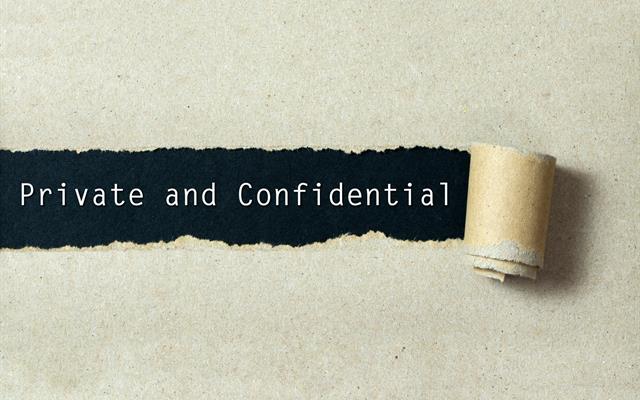
Recently, The Engineering Council published guidance regarding whistleblowing in the industry, addressing its legalities and the best practice should an engineer or technician wish to raise a concern.
Although Whistleblowing is frowned upon, for legal reasons it must be addressed to ensure best practice should there be reasons for concern within a business or sector; it can help safeguard the legal and ethical compliance that a company is held to and should be encouraged if practice is highly questionable and puts others at risk, with no clear course of action outlined.
Confidentiality is crucial in many industries, with health and safety being no exception. Whistleblowing takes careful consideration and preparation before actioning. It is recommended engineers and technicians be aware of the appropriate course of action if reporting illegal or unethical behaviour in the most effective and compliant way possible, with the privacy of individuals and other companies alike in mind.
Whistleblowing, primarily, is the act of raising a concern regarding a dangerous potential risk, or moral implication within the business. As a professional, technicians and engineers may be obliged to bring their concerns forward for either ethical, professional or legal reasons. It is important to understand when that responsibility lies on their shoulders as some cases solicit a call to action to ensure the safety of the business and others.
Obligations fall into 3 categories within working practice;
- Ethical obligation; as a health and safety practitioners, you have an ethical responsibility to raise concerns when dangerous or unsuitable materials are in use and severe outstanding risks are left unchecked and/or controlled.
- Code of Conduct obligation; within every institution lies an employee code of conduct, addressing the correct procedures and operations that must be adhered to. Should you find gross negligence in regards to the code of conduct, these concerns must be addressed with an aim of rectifying the issue.
- Legal obligation; you also have a legal obligation to comply with the laws of the country in which you operate, and are aware of the laws of international countries wherein which work is undertaken.
Each issue is unique and calls for its own call to action, however it must be noted that although ethical obligations do not necessarily come under a legal requirement, if the issue is escalated – the engineer may be become liable in law if in some stage it were part of their professional duty to speak up.
Before raising a concern, it is advised an engineer be made aware of current legislation within the country they are operating in, to understand the impacts of whistleblowing. If operating in the U.K., it is expected whistleblowing will be subject to English law, however in complex situations this may change.
If a concern is still to be raised, it is recommended the issues are raised within the company to assess and rectify. Should these concerns go unheard, and only after being aware of whistleblowing policies within the company and the industry regulatory body, then these concerns may be raised to the regulatory body official. If the issue is complex and a solution is unclear, it is recommended that the engineer contact the professional engineering institution in order to receive guidance and advice before whistleblowing.
To read the full guidelines,
click here.